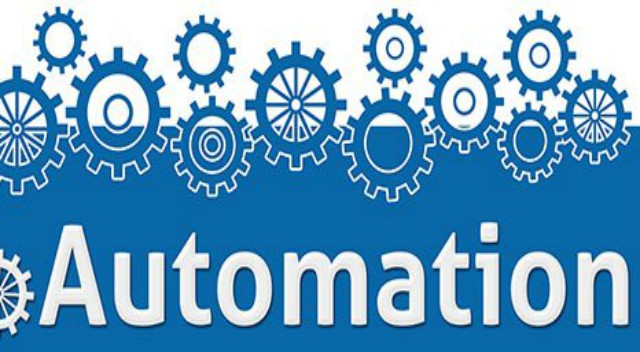
What is Cognitive Automation?
Cognitive automation is based on software bringing intelligence to information-intensive processes . It is commonly associated with Robotic Process Automation (RPA) as the conjunction between Artificial Intelligence (AI) and Cognitive Computing . By leveraging Artificial Intelligence technologies, cognitive automation extends and improves the range of actions that are typically correlated with RPA, providing advantages for cost savings and customer satisfaction as well as more benefits in terms of accuracy in complex business processes that involve the use of unstructured information .
What is Cognitive automation and what it is not
Cognitive automation is not machine learning . Cognitive automation leverages different algorithms and technology approaches such as natural language processing, text analytics and data mining, semantic technology and machine learning.
What does cognitive automation mean for the enterprise?
The integration of different AI features with RPA helps organizations extend automation to more processes, m aking the most of not only structured data, but especially the growing volumes of unstructured information . Unstructured information such as customer interactions can be easily analyzed, processed and structured into data useful for the next steps of the process, such as predictive analytics, for example.
Cognitive automation creates new efficiencies and improves the quality of business at the same time. As organizations in every industry are putting cognitive automation at the core of their digital and business transformation strategies , there has been been an increasing interest in even more advanced capabilities and smart tools .
Enterprise Challenges and Cognitive Automation Benefits
Today’s enterprise faces a number of challenges: increasing efficiency, enhancing decision making, staying competitive, ensuring customer loyalty, compliance are just some of the hurdles that businesses are facing.
Cognitive automation has proven to be effective in addressing those key challenges by supporting companies in optimizing their day-to-day activities as well as their entire business.
Based on our experience, we believe that companies can expect more than 50% in savings for FTE activities and relevant cost reductions (from 30% to 60% for email management, quote processing, etc.)
Advantages resulting from cognitive automation also includ e improvement in compliance and overall business quality, greater operational scalability, reduced turnaround, and lower error rates. All. These have a positive impact on business flexibility and employee efficiency.
Cognitive automation: Efficiency at the speed of thought
A century ago ford automated the manufacturing process. Since then automation has been used to build anything that requires repetitive manual tasks. Automating these mechanical process allows people to concentrate on more complex and creative tasks that machines can’t handle. Many of today’s organizations seek innovative options that streamline tasks and increase efficiency across the business, in all departments. Technologies like cognitive automation and AI are creating new efficiencies and improving quality. By implementing robotic or cognitive automation, human tasks and judgment can be replicated at rapid speeds and considerable scale.
With ongoing growth in data, scale, and available technologies, businesses are turning to robotic or cognitive automation to help improve quality, scale, and speed of processes, leading to a more robust bottom line. Learn how one financial services organization used cognitive automation to increase profitability and reduce risk–then applied the solution to other areas of the business for exponential value.
Watch how organizations in financial services and healthcare can use cognitive automation to increase profitability and reduce risks. Cognitive automation is at the forefront of innovation that began over a century ago and it leads a new wave of technology to address the future.
